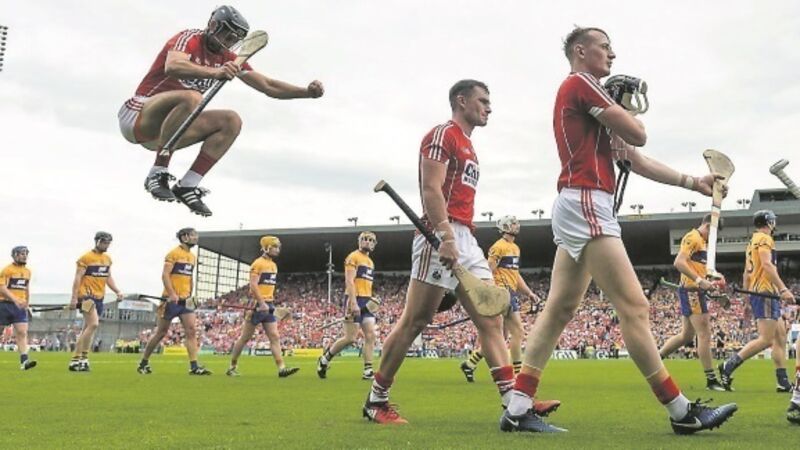Formats, fixtures and how hurling’s landscape could change forever

Try from €1.50 / week
SUBSCRIBECCCC/CENTRAL COUNCIL.
Summary:
Already a subscriber? Sign in
You have reached your article limit.
Annual €130 €80
Best value
Monthly €12€6 / month
Introductory offers for new customers. Annual billed once for first year. Renews at €130. Monthly initial discount (first 3 months) billed monthly, then €12 a month. Ts&Cs apply.
CONNECT WITH US TODAY
Be the first to know the latest news and updates
Newsletter
Latest news from the world of sport, along with the best in opinion from our outstanding team of sports writers. and reporters
Tuesday, February 10, 2026 - 9:00 PM
Wednesday, February 11, 2026 - 10:00 AM
Tuesday, February 10, 2026 - 12:00 PM
© Examiner Echo Group Limited